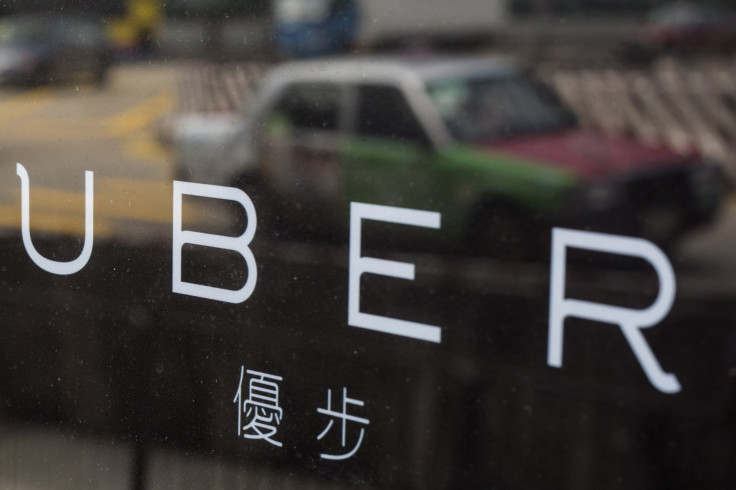Didi-Uber Merger: China Antitrust Regulators Investigating Deal

When Didi Chuxing and Uber announced a $35 billion merger deal on Aug. 1, it came as a relief to both the companies that, in competing with each other, were losing money at a breakneck speed in the lucrative ride-hailing business in the world’s second-largest economy and the most populous country. But a month later, in a surprise move, officials from China’s commerce ministry said they are looking into the deal to see if it violates antitrust laws.
The antitrust unit of the Ministry of Commerce has already met with executives from Didi twice and asked for information about the deal. Ministry spokesman Shen Danyang, speaking at a regular press briefing Friday, told reporters that Didi was also asked why it didn’t file for an antitrust review at the time of announcing the deal.
For its part, when the deal was made public, Didi had said it didn’t think Uber China’s revenues were enough to merit such a review.
Shen said his ministry “will protect fair competition in the relevant market and safeguard the interests of consumers and the public.” It is perhaps in reference to Didi’s dominant position in the Chinese app-based ride-hailing market after its takeover of Uber’s operations in the country.
The move has surprised many, especially since it involves a company and an industry that was involved in another large acquisition last year without inviting any scrutiny. In February 2015, Didi had bought out its biggest rival at the time, Kuaidi Dache, in a deal worth about $6 billion. The transaction gave Didi an oversized portion of the Chinese ride-hailing pie before Uber came and took a chunk away, but the deal raised no eyebrows with regulators.
© Copyright IBTimes 2025. All rights reserved.





















